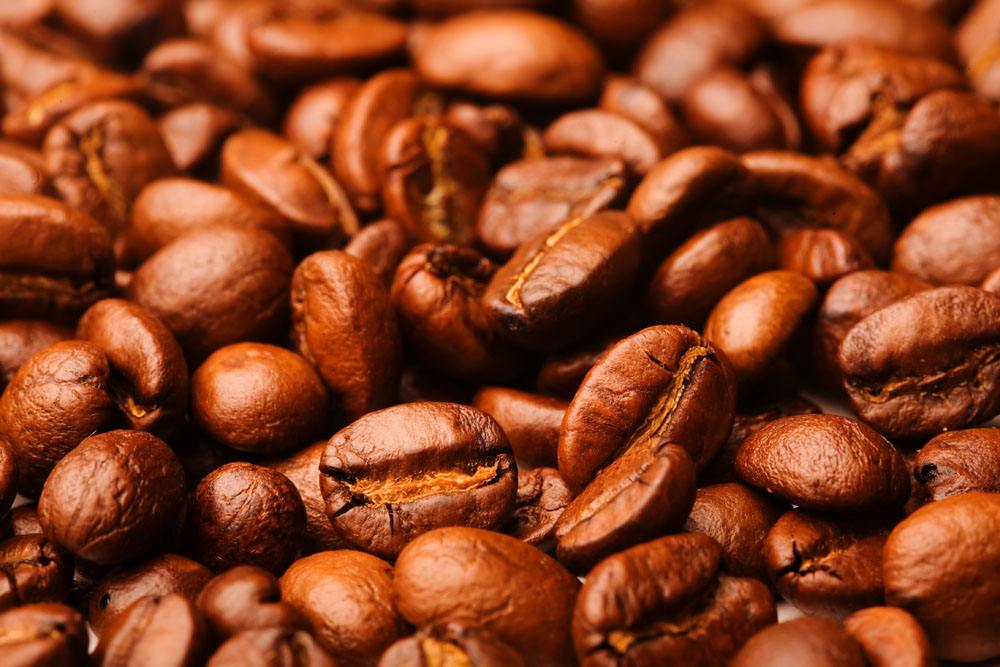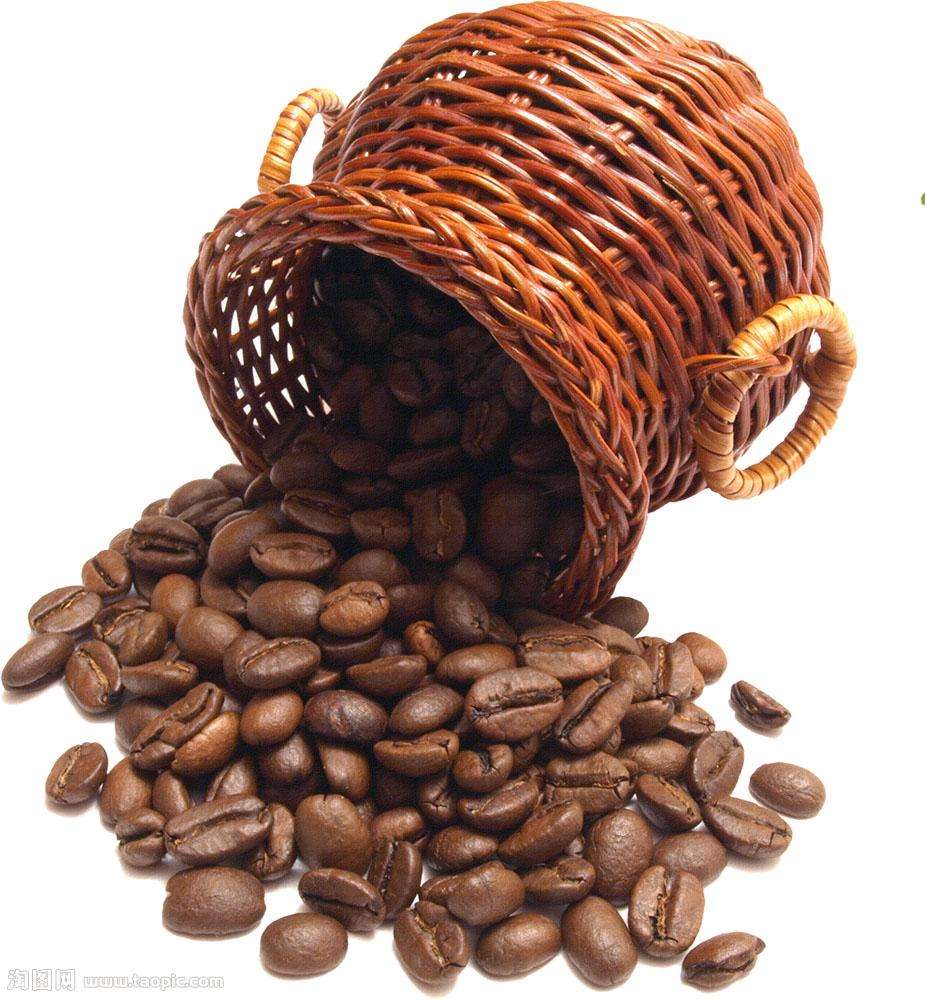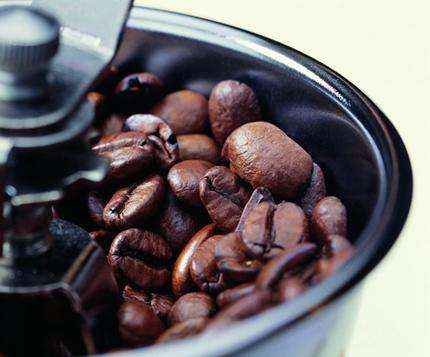The price of Brazilian coffee beans and how to import Brazilian coffee beans
Following coffee reviews (Wechat public account vdailycom) found that Beautiful Cafe opened a small shop of its own.
Brazilian coffee bean prices Brazil supplies one-third of the world's coffee demand, but Brazil's coffee harvest in 2014 was the worst in three years, with coffee prices rising further, rising above $2 per pound and large coffee chains such as Starbucks, which soon followed suit to raise the price of coffee drinks.
The two major varieties of coffee, the most popular in the market is Arabica coffee beans, which are produced in Latin American countries, including Brazil and Colombia, and coffee futures on the New York ICE Exchange in the United States are traded on Arabica beans from 19 countries.

Robusta is the second largest variety of coffee in the world, accounting for about 20% of the world coffee production. It has a strong sour taste and is mainly grown in some tropical countries such as Indonesia, mostly for instant coffee.
Colombia is the third largest coffee producer in the world and the second largest producer of Arabica coffee beans in the world. Although it has accelerated production to meet the global demand for coffee, Colombia's coffee production is only about one-fourth of that of Brazil. Even if production increases, it can only temporarily ease the shortage of coffee supply.
Coffee farmers in coffee-producing countries make money only if coffee beans sell for at least one dollar per pound. If the price of coffee beans falls below one dollar, the income of coffee-producing countries may be affected, and production needs to be adjusted to support coffee prices. The price of coffee is affected by harvest and supply and demand, while climate and coffee diseases are the main factors affecting the harvest.
The market is worried about insufficient rainfall in the planting area.
Brazil supplies the world's largest coffee production, with the annual harvest period from April to August, and investors worry that if rainfall in Brazil's coffee-growing areas continues to be low, coffee bean prices could return to a high of $2 a pound.
The price of Arabica coffee beans rose 3.2 per cent to $1.6455 a pound on Friday. Commodity investment managers are bullish on the coffee market in 2015 and expect coffee prices to rise by 40% to 50%. Coffee futures prices can easily rise to a high of $3 per pound, and coffee futures rose by more than $3 per pound in May 2011.
As coffee production falls short of demand, prices naturally rise, and coffee traders and consumers have to endure expensive coffee. Sales fell immediately after J.M.Smucker raised the price of its Folgers coffee brand.
Coffee roaster and trader Socafe said he was concerned about the Brazilian coffee harvest in May and June, fearing that coffee prices would rise further.
How to import Brazilian coffee beans
The tariff on raw coffee beans is 8%, value-added tax is 17%, regulatory conditions: AB. That is, the duty on the fried coffee is 15%, and the VAT is 17%. It also needs commodity inspection. The duty on coffee powder is 30% and VAT is 17%. Let's see which one is imported. The procedures are all the same, but the ones who are born need to be examined by animals and plants.
Coffee bean import can choose Hong Kong transit, express customs declaration import!
The goods shall be declared by express: submit express declaration forms (KJ1, KJ2, KJ3) to the customs and clear the customs.
Its characteristics are as follows:
1, the procedure is simple: according to the national express regulatory regulations, express customs declaration can reduce the import procedures, most of the goods do not need to provide any documents, can still be imported.
2. Special speed: normal delivery in two to three days.
3. The total cost is low: including tax and fee, priced by kg. According to the national regulations on the supervision and control of express delivery, the import of express declaration can be exempted from taxes and fees.
4, a wide range of adaptation: express customs declaration is generally based on emergency goods, small bulk cargo, or goods when the customs supervision conditions of trade declaration are relatively strict and the procedures are complex and difficult. However, in practice, bulk goods can also be imported in batches by express delivery.
Important Notice :
前街咖啡 FrontStreet Coffee has moved to new addredd:
FrontStreet Coffee Address: 315,Donghua East Road,GuangZhou
Tel:020 38364473
- Prev

Coffee bean growing situation in Brazil coffee bean producing area
Following caf é (Wechat official account vdailycom) found that Beautiful Cafe opened a small shop of its own in Brazil. In terms of natural conditions, Brazil is located in the tropics, the north is a tropical rain forest climate, hot and humid all the year round, suitable for tropical crops, coffee tree is a sunny crop, sufficient sunlight for its growth conditions. The decline in coffee production in Brazil has directly pushed up coffee beans in the international market.
- Next

Information about Brazilian coffee beans, what are the brands of Brazilian coffee beans?
Follow the comments (Wechat official account vdailycom) found that the beautiful cafe opened a small shop of its own Brazilian coffee bean brands which Brazilian coffee is suitable for public taste. For example, coffee produced in the northern coastal areas has a typical iodine taste, reminiscent of the sea after drinking. This coffee is exported to North America, the Middle East and Eastern Europe. There is also a kind of coffee that is interesting and worth looking for.
Related
- Detailed explanation of Jadeite planting Land in Panamanian Jadeite Manor introduction to the grading system of Jadeite competitive bidding, Red bid, Green bid and Rose Summer
- Story of Coffee planting in Brenka region of Costa Rica Stonehenge Manor anaerobic heavy honey treatment of flavor mouth
- What's on the barrel of Blue Mountain Coffee beans?
- Can American coffee also pull flowers? How to use hot American style to pull out a good-looking pattern?
- Can you make a cold extract with coffee beans? What is the right proportion for cold-extracted coffee formula?
- Indonesian PWN Gold Mandrine Coffee Origin Features Flavor How to Chong? Mandolin coffee is American.
- A brief introduction to the flavor characteristics of Brazilian yellow bourbon coffee beans
- What is the effect of different water quality on the flavor of cold-extracted coffee? What kind of water is best for brewing coffee?
- Why do you think of Rose Summer whenever you mention Panamanian coffee?
- Introduction to the characteristics of authentic blue mountain coffee bean producing areas? What is the CIB Coffee Authority in Jamaica?

